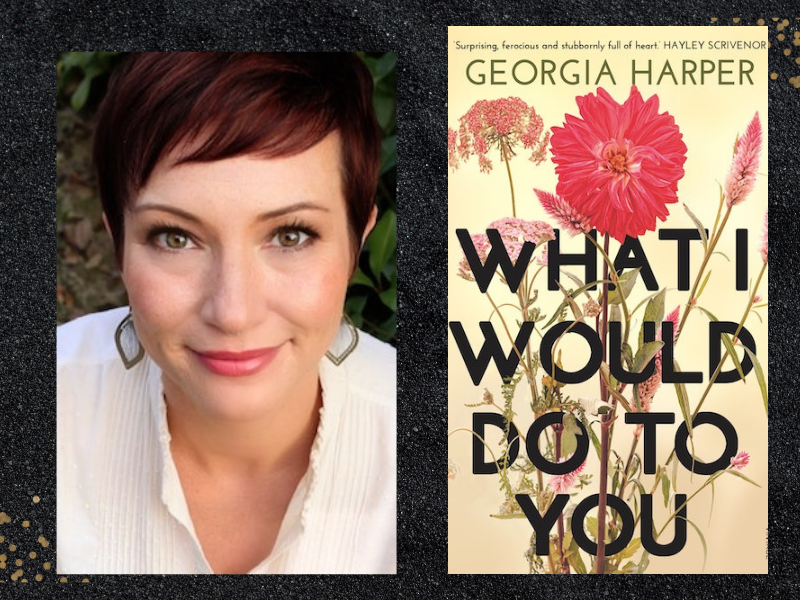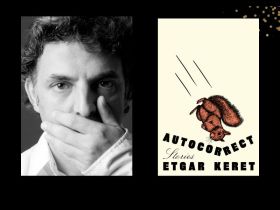In What I Would Do to You, Georgia Harper conjures an Australia of the near future, an Australia that has reintroduced capital punishment. But there’s an extra horrendous twist: the member of the victim’s family has the option to personally kill the perpetrator by any method they choose; if they do not exercise that option, the killer’s sentence is commuted to life imprisonment.
So when 10-year-old Lucy – vivacious, adventurous and deeply loved – is tortured and murdered, her stunned and grieving family face an extraordinary decision. Everyone – Lucy’s mothers, Stella and Matisse, her older brother Sebastian, a vet and her teenage sister Hannah – react to the challenge in very different ways.
To support them through this unthinkable time, the court appoints the family a counsellor, Octavia. She is a sympathetic and likeable psychologist; I suspect she shares at least some of her personality and her wealth of experience with her author, whose work with victim-survivors of crime no doubt informs this novel. It is Octavia who narrates the bulk of the story, and there is plenty to tell.
Most of the the action takes place in rural Queensland where of course life must go on even while grappling with the problems surrounding a potential execution. There is a vivid account of an approaching bushfire. There are perceptive glimpses of what farm life can be like if you breed cattle, but don’t like slaughtering them. In short, this novel is a good yarn well told, notwithstanding the weight of the subject.
Occasionally, Hannah takes over the narration and she has a bit to say, mostly about herself. She tells of how surprised she was when ‘boys who reminded her of her grown-up brother – doling out cheeky smiles and teasing words and hair ruffles – could slip out of their golden human skins to reveal the rough grey coverings and sharp teeth of predators’. Like all the members of her family, she is massively impacted by Lucy’s death.
The principle that the punishment should fit the crime has been around for thousands of years, hence the death penalty. An eye for an eye and a tooth for a tooth has been advocated in the religious teachings of many denominations.
I am no social anthropologist, but arguably the view that the punishment should fit the crime results from a laudable human desire for fairness, as much as from a baser desire for revenge. Whatever its origins, and apart from the fact that it is irreversible in the event of a judicial mistake, the big question remains: what does capital punishment really achieve? Certainly not rehabilitation and ample evidence communicates that it is not effective as a deterrent. Yet still it has its advocates.
But it’s not only capital punishment that needs to be questioned. How worthy of respect is a justice system that focuses on retribution rather than protection of the community and the rehabilitation of perpetrators? It is a subject that demands more political and public attention than it gets.
Read: Book review: Raw Salt, Izzy Roberts-Orr
Of course, the purpose of a novel is to entertain, but there is no reason why a serious subject cannot be examined in a compelling manner. With What I Would Do to You, Harper explores in some depth the pros and cons of an important issue in an engaging and affecting way. That is quite an achievement and definitely deserving of your attention.
What I Would Do to You, Georgia Harper
Publisher: Penguin Random House 2024
ISBN: 9781761342127
Paperback 336pp
RRP: $34.99
Published: 26 March 2024





